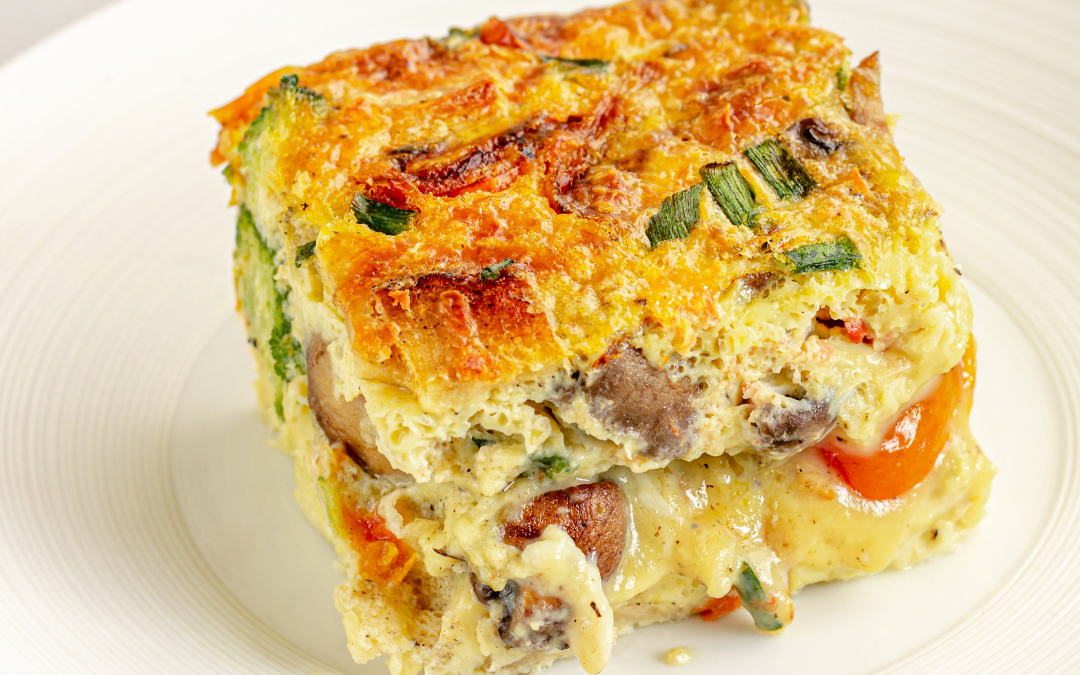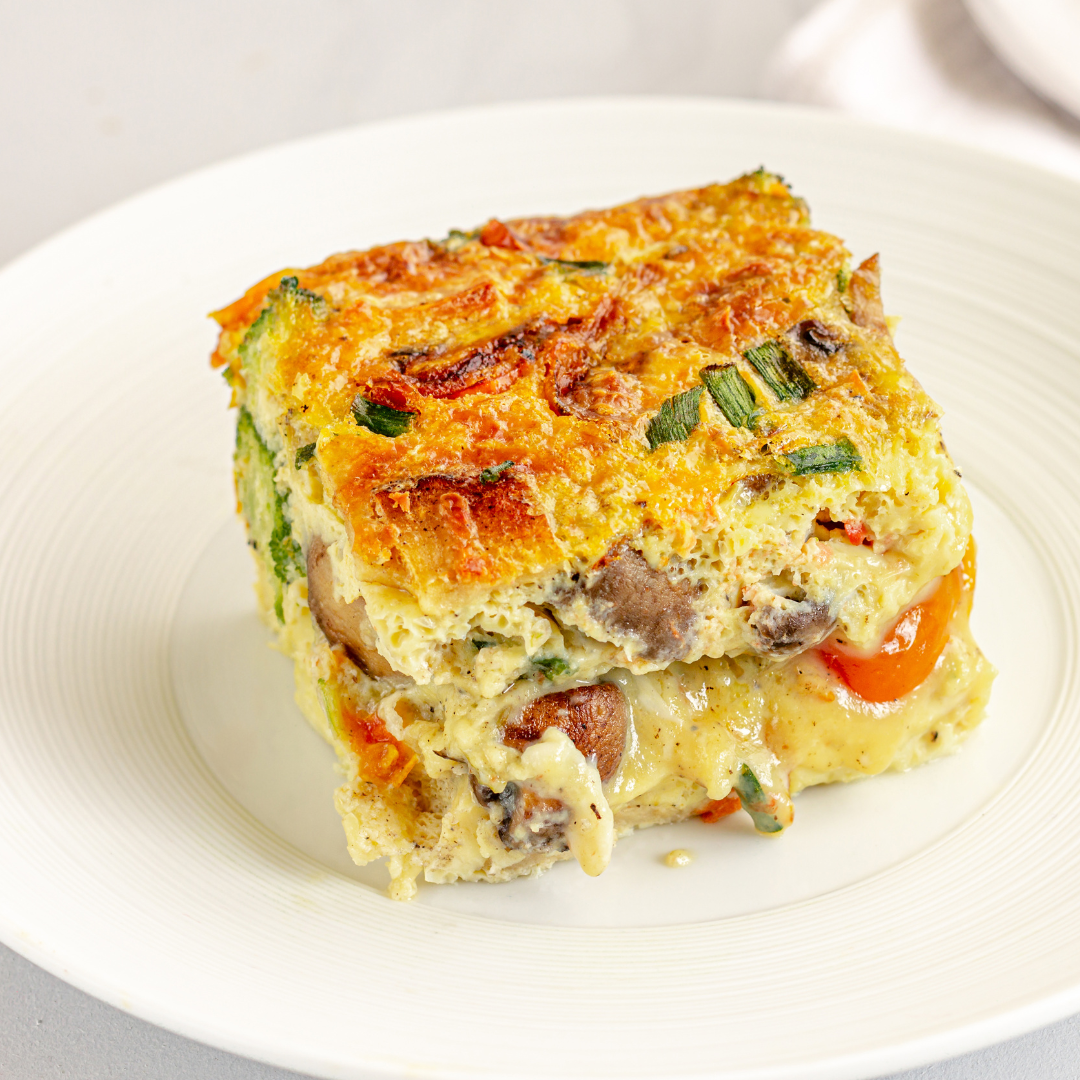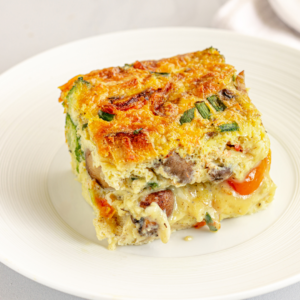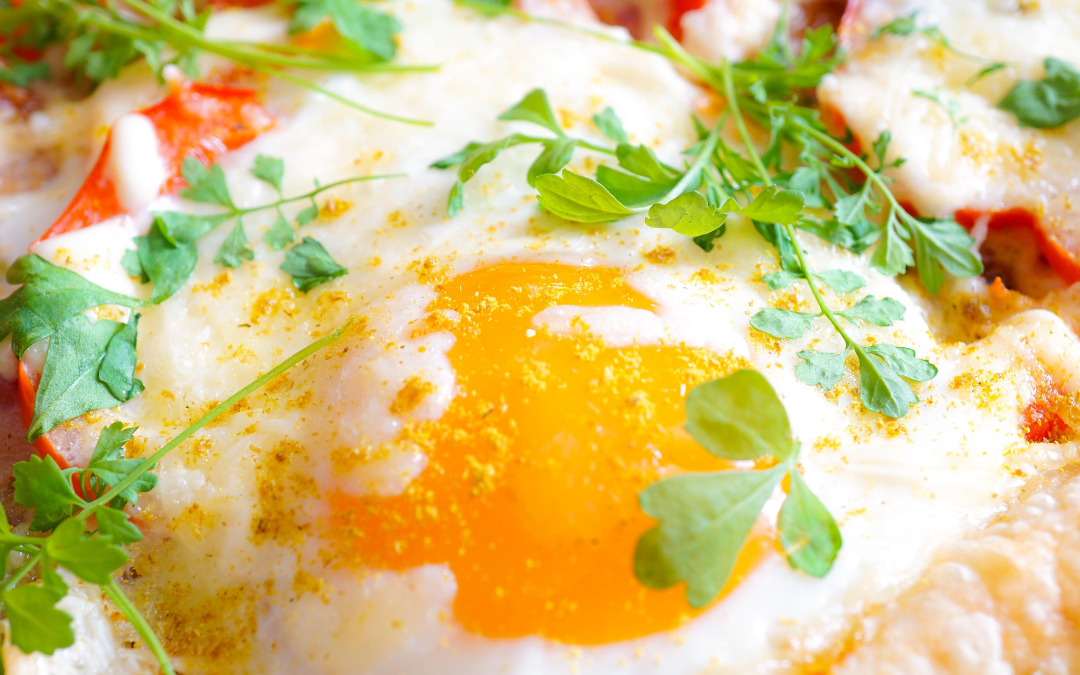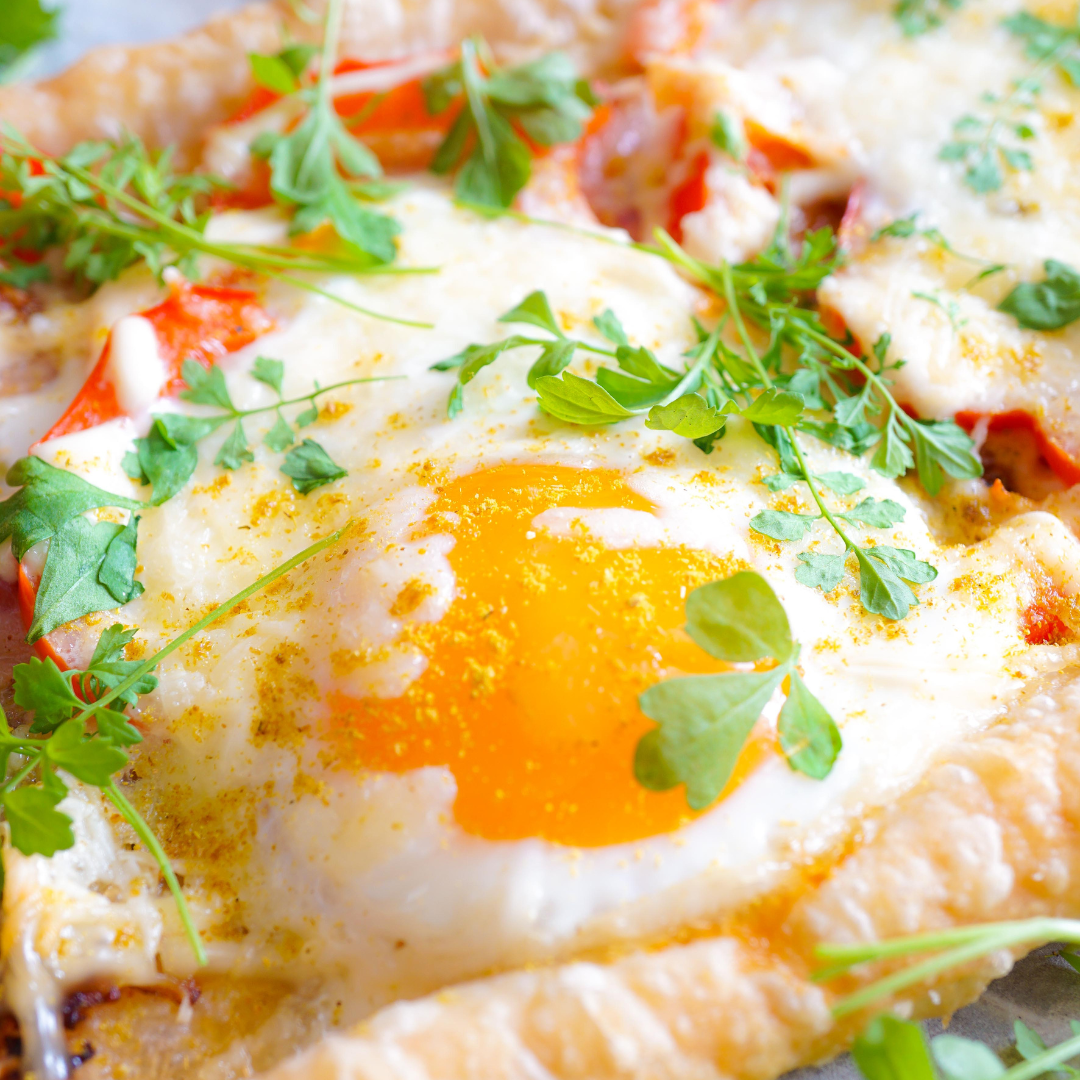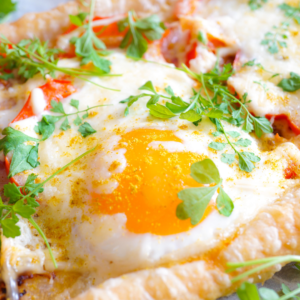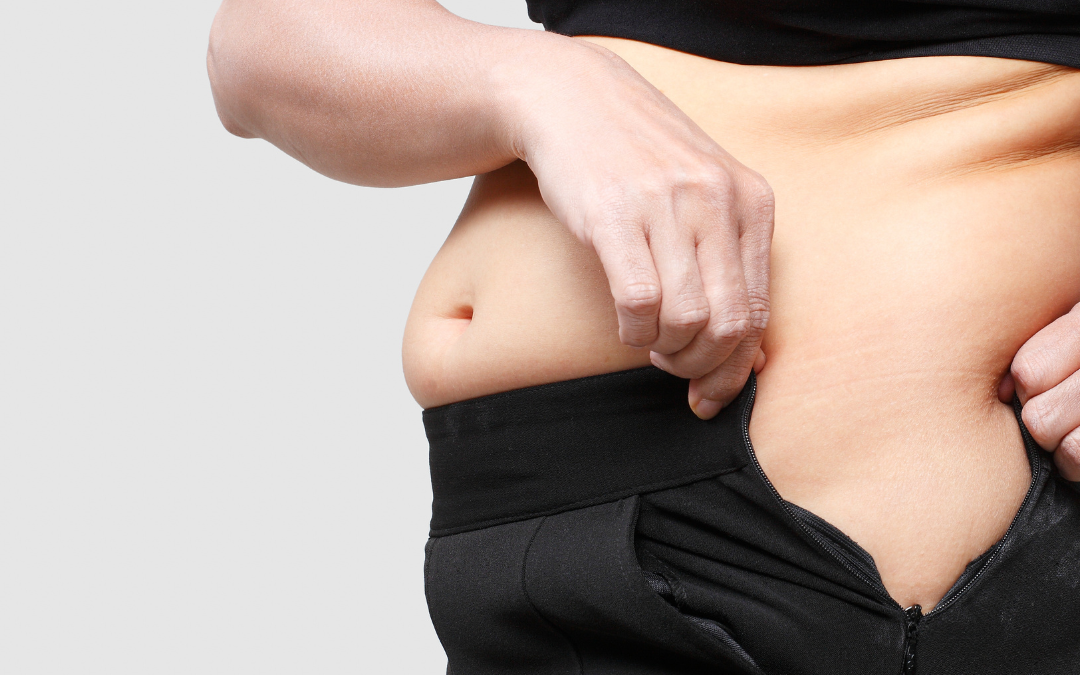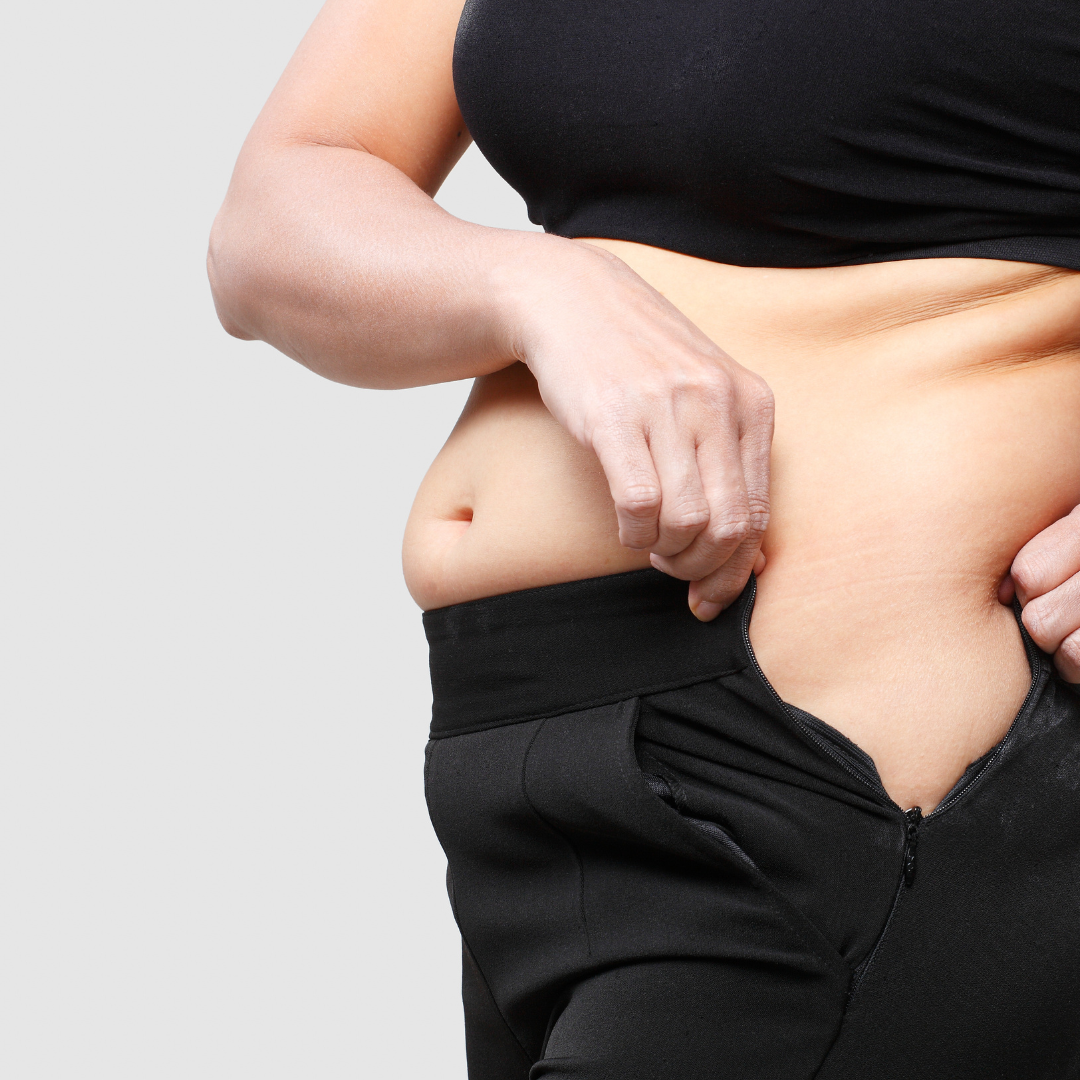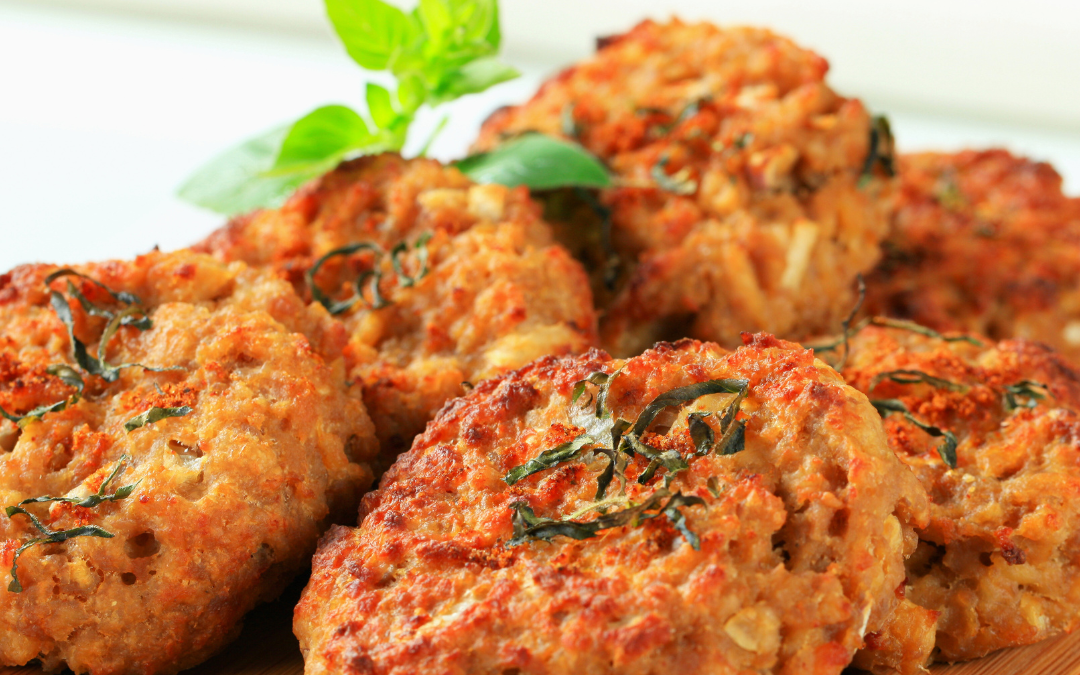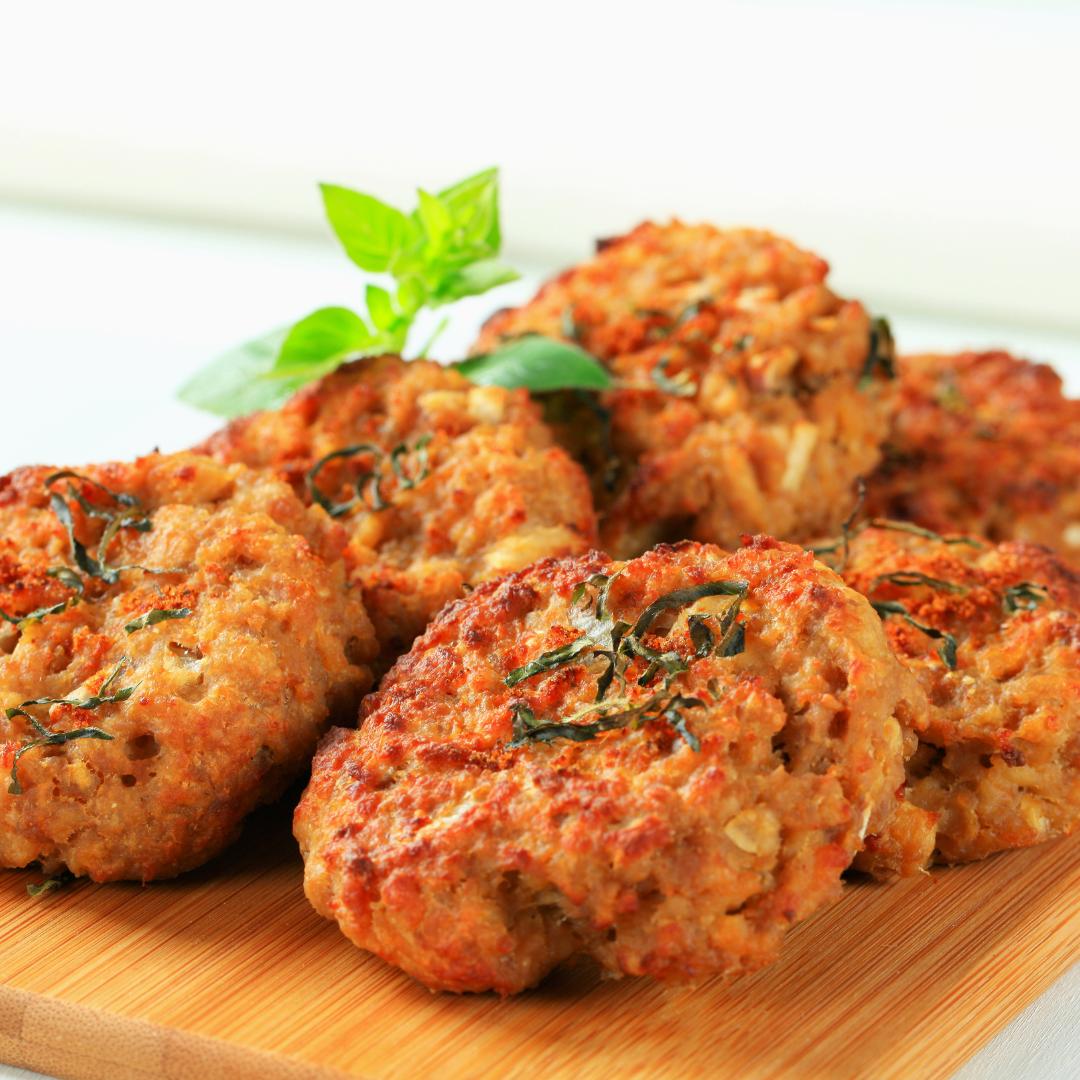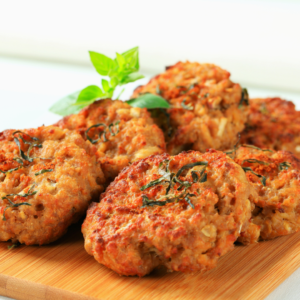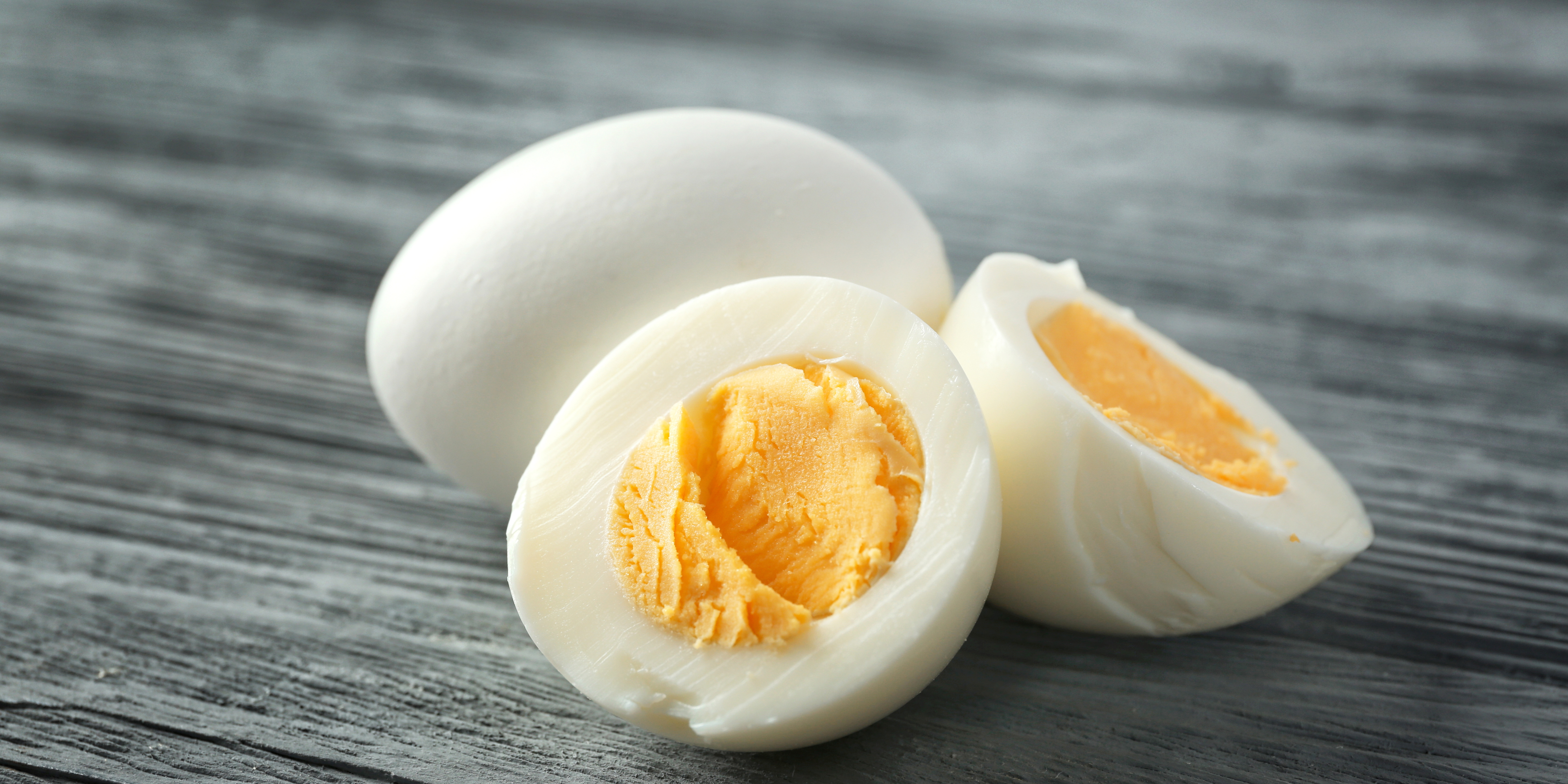
The Health Benefits of Eggs – A Nutritional Powerhouse Backed by Science

Eggs have long been a staple in the human diet, celebrated for their versatility and richness in essential nutrients. However, debates about their cholesterol content raised concerns about their health impacts for years. Fortunately, modern research has shed light on the many health benefits of eggs, reaffirming their role as a nutritious food that can be included in a balanced diet.
- Rich in High-Quality Protein
One of the most well-known health benefits of eggs is their high-quality protein content. Eggs provide all nine essential amino acids, making them a “complete” protein source. This protein is crucial for muscle building, tissue repair, and overall bodily functions. According to a study published in The American Journal of Clinical Nutrition, consuming protein-rich foods like eggs can support muscle mass maintenance, especially in older adults, who are at risk of sarcopenia (age-related muscle loss).
Check out this delicious and original egg tart recipe great for hosting brunch or something different
- Promotes Heart Health
For decades, eggs were often avoided due to their cholesterol content. However, recent studies have shifted our understanding of dietary cholesterol and its effect on heart health. Research published in The BMJ analyzed data from over 500,000 people and found no significant association between egg consumption and an increased risk of heart disease. In fact, moderate egg consumption (around one egg per day) was linked to a reduced risk of stroke.
The impact of eggs on heart health is further supported by their favorable fat profile. Eggs contain both monounsaturated and polyunsaturated fats, which are known to support cardiovascular health. These fats can help reduce levels of LDL (bad) cholesterol while raising levels of HDL (good) cholesterol.
You don’t need to have recipe to enjoy eggs – just boil some eggs and keep in the fridge. Unpeeled boiled eggs can last in the fridge for up to 7 days so a great grab and go breakfast or snack, put on your salad, or in a sandwich to boost your protein.
- Supports Eye Health
Eggs are an excellent source of lutein and zeaxanthin, two powerful antioxidants that accumulate in the retina and help protect the eyes from harmful blue light. According to a study in The Journal of Nutrition, these antioxidants play a key role in reducing the risk of cataracts and age-related macular degeneration (AMD), both of which are leading causes of blindness in older adults.
Moreover, eggs also contain vitamin A, which is essential for maintaining good vision. Vitamin A deficiency is a leading cause of preventable blindness worldwide, and incorporating eggs into the diet can help prevent this issue.
Check out this delicious omega 3, protein rich breakfast Smoked Salmon and Feta Egg Bake
- Boosts Brain Health
Eggs are an important source of choline, a nutrient that plays a vital role in brain development and function. Choline is a precursor to acetylcholine, a neurotransmitter involved in memory and muscle control. Research from the American Journal of Clinical Nutrition has highlighted the importance of choline in preventing cognitive decline and supporting overall brain health.
One large egg contains about 147 mg of choline, which accounts for roughly 27% of the recommended daily intake for women and 22% for men. For pregnant women, choline is especially important, as it supports fetal brain development and may help prevent neural tube defects.
Check out this yummy sweet potato and spinach frittata great for breakfast or lunch.
- Helps with Weight Management
Eggs are a low-calorie, nutrient-dense food that can help with weight management. They score very high on a scale called the satiety index, which is a measure of how much foods contribute to satiety A study published in The International Journal of Obesity found that participants who consumed eggs for breakfast felt fuller for longer periods and ate fewer calories throughout the day compared to those who consumed a carbohydrate-rich breakfast.
The Journal of American College of Nutrition published a study of 30 overweight or obese women consumed a breakfast of either eggs or bagels. Both breakfasts had the same amount of calories. The women in the egg group felt more full and ate fewer calories for the rest of the day and for the next 36 hours.
In another study published in the Internal Journal of Obesity, eating eggs for breakfast for 8 weeks led to significant weight loss compared to the same amount of calories from bagels. The egg group
- Lost 65% more body weight.
- Lost 16% more body fat.
- Had a 61% greater reduction in BMI.
- Had a 34% greater reduction in waist circumference (a good marker for the dangerous belly fat).
The high protein content in eggs contributes to this feeling of fullness by slowing down digestion and reducing appetite. This makes eggs an ideal food for those looking to maintain or reduce their weight as part of a healthy, balanced diet.
Check this tasty egg and back bean taco breakfast option.
- Promotes Bone Health
Eggs are one of the few natural sources of vitamin D, a nutrient that is crucial for bone health, mood, blood sugar balance and managing pain. Vitamin D helps the body absorb calcium, which is necessary for maintaining strong bones and teeth. According to a study in The Journal of Bone and Mineral Research, adequate vitamin D intake is associated with a reduced risk of osteoporosis and fractures.
In addition to vitamin D, eggs contain phosphorus and protein, both of which play supportive roles in maintaining bone strength and health.
Check out this quick and easy breakfast spinach and egg scramble
Conclusion
Eggs are a nutrient-dense, versatile food that can be part of a healthy diet. From supporting muscle growth and brain function to protecting eye health and promoting heart wellness, eggs offer a wide array of benefits. Research continues to support the notion that moderate egg consumption is not only safe but beneficial for most people.
Eggs are very cost effective, quick to make and a great vehicle in which to incorporate vegetables. Eggs is an excellent breakfast replacement to the usual sugar loaded cereal, muffins and pancakes. What better way to kick start your day!
References:
- Deutz, N.E.P., et al. (2014). Protein intake and exercise for optimal muscle function with aging: Recommendations from the ESPEN Expert Group. The American Journal of Clinical Nutrition, 100(1), 242-252.
- Qin, C., et al. (2018). Egg consumption and risk of cardiovascular disease: Three large prospective US cohort studies, systematic review, and updated meta-analysis. The BMJ, 362, k3210.
- Ma, L., et al. (2018). Lutein and zeaxanthin intake and the risk of age-related macular degeneration. The Journal of Nutrition, 148(6), 872-878.
- Poly, C., et al. (2011). Choline intake and cognitive performance in healthy older adults: a cross-sectional analysis. The American Journal of Clinical Nutrition, 94(6), 1584-1591.
- Vander Wal, J. S., et al. (2005). Egg breakfast enhances weight loss. International Journal of Obesity, 29, 998–1001.
- Dawson-Hughes, B., et al. (2005). Effect of calcium and vitamin D supplementation on bone density in men and women 65 years of age or older. The Journal of Bone and Mineral Research, 20(2), 340-346.
- Jillon S Vander Wal 1, Jorene M Marth, Pramod Khosla, K-L Catherine Jen, Nikhil V Dhurandhar, Short-term effect of eggs on satiety in overweight and obese subjects, The Journal of American College of Nutrition 2005 Dec;24(6):510-5.
- J S Vander Wal 1, A Gupta, P Khosla, N V Dhurandhar. Egg breakfast enhances weight loss International Journal of Obesity, . 2008 Oct;32(10):1545-51.

